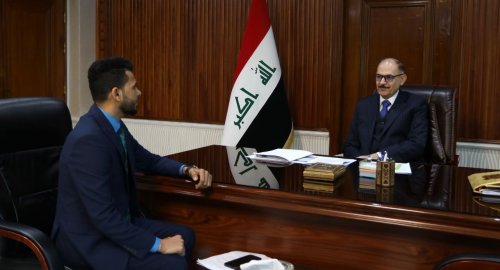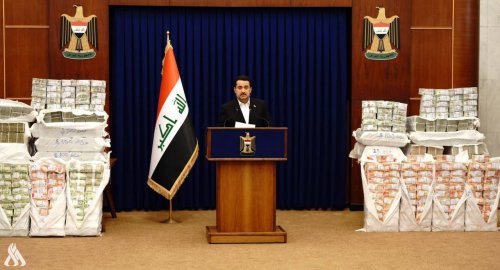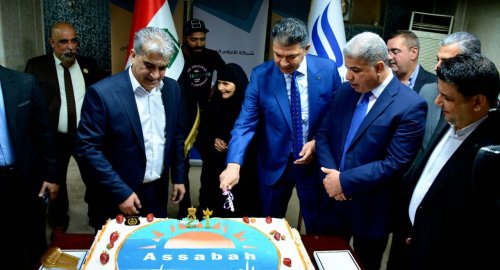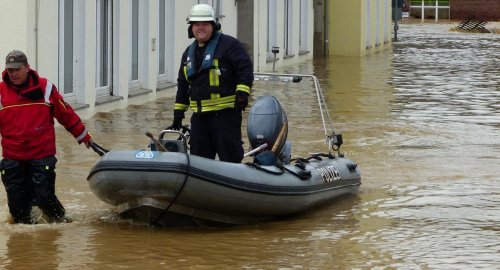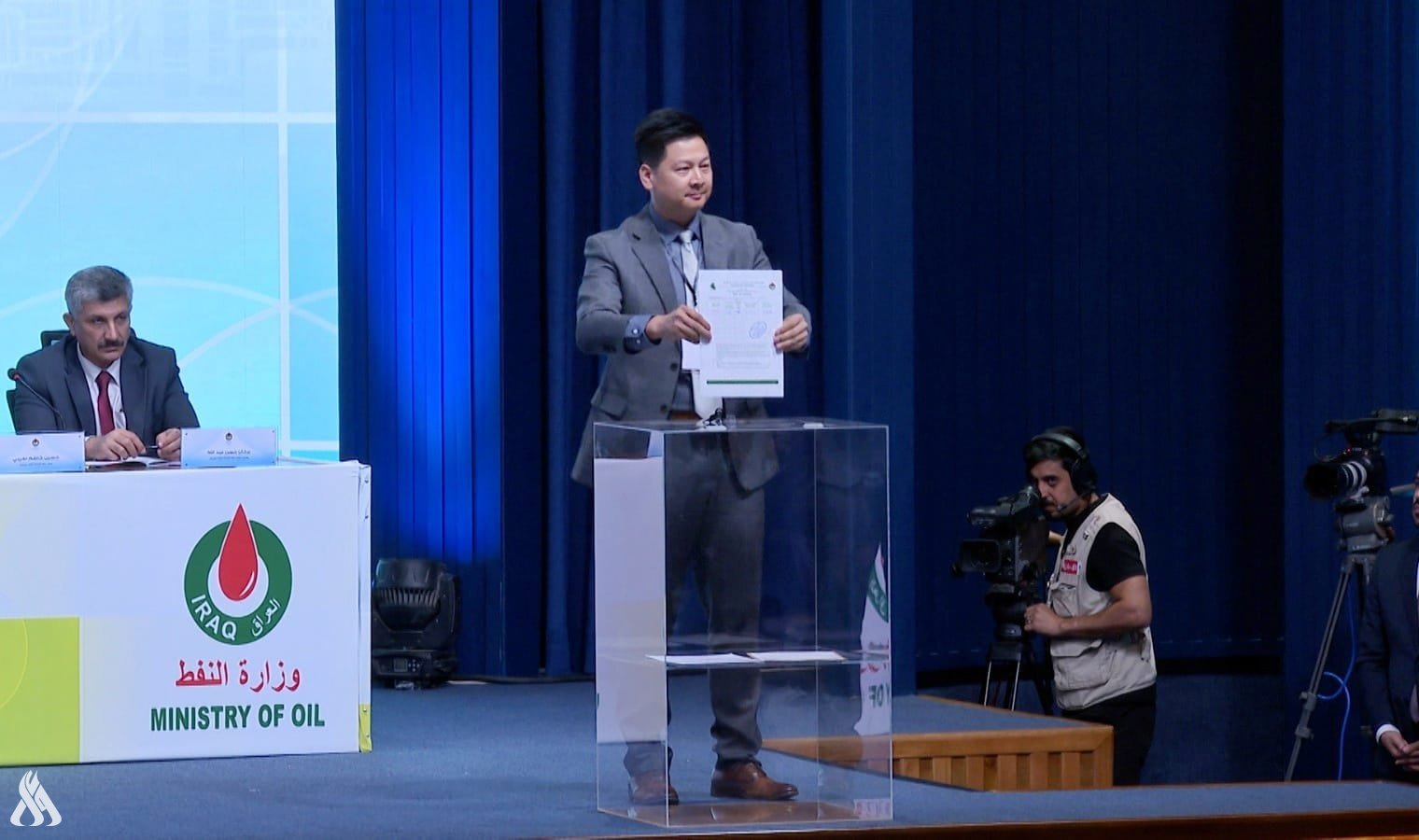
Inaugural Anti-Corruption Conference Hosted by the Prime Minister's Office

- 14-01-2024, 18:37
Baghdad-INA
Under Prime Minister Mohammed Shia Al-Sudani's patronage, the Prime Minister’s Office held the inaugural anti-corruption conference on Sunday morning. The event, attended by ministers, representatives, advisors, and officials from relevant departments, reviewed the year's efforts in combating corruption.
In his address, the Prime Minister commended those combatting corruption, praising their heroic efforts grounded in religious, moral, and legal principles to safeguard public funds and address financial and administrative corruption cases.
Al-Sudani emphasized that corruption stands as a hindrance to all development plans, highlighting that its most significant impact lies in eroding public trust in state institutions and the political system. He noted that citizens now perceive the state through anti-corruption initiatives and the tangible accomplishments of service agencies.
The Prime Minister underscored the significance of anti-corruption efforts, affirming the government's commitment by prioritizing this issue. Action has commenced on multiple fronts, such as addressing the issue of recovering corruption funds in other countries, establishing the Higher Anti-Corruption Commission, and forming a specialized team to investigate reports and complaints. As a result, numerous instances of corruption have been identified and forwarded to the judiciary in accordance to the law.
Al-Sudani highlighted the creation of investigative committees to examine officials at all levels, responding to oversight authorities combatting corruption.
The conference concluded with a number of recommendations that stated:
1- Prioritizing the swift resolution of reports, complaints, and criminal cases within specified legal timelines, particularly those impacting public opinion, involving significant corruption amounts, and implicating high-ranking state officials. This aims to enforce legal penalties on the convicted, fostering confidence in accountability procedures and ensuring a deterrent effect.
2- Conducting regular assessments of individuals in higher-ranking positions to enhance the efficiency and performance of government institutions. This proactive measure aims to prevent corruption and safeguard public funds.
3- Enhancing the human resources and technical capabilities of oversight and control bodies within government institutions to boost their effectiveness and efficiency. Implementing transparent, periodic evaluation mechanisms to assess their performance levels and identify areas for development.
4- Ensuring the independence of oversight agencies and furnishing financial and technical support to elevate the capabilities and skills of their personnel. This support focuses on utilizing technology and modern methods for monitoring and combating corruption.
5- Continuously developing and updating legislation to align with evolving circumstances and address gaps, ensuring the establishment of effective and comprehensive legal frameworks in the fight against corruption.
6- Diligently pursuing the signing of memorandums of understanding and cooperation agreements with countries and international organizations. Establishing enduring coordination mechanisms to exchange information and address shared challenges in combating corruption, with a specific focus on recovering corruption funds, extraditing accused or convicted individuals, and prosecuting them.
7- Enact legislation to establish an oversight authority in accordance with Article 108 of the Constitution. This aims to strengthen internal control within government institutions, formalize preventive oversight procedures, and elevate standards of responsibility, integrity, and transparency to safeguard public funds.
Oil gains 1% on hopes of firmer demand
- Economy
- 01:00
Al-Sudani Inspects Progress of "Gaza Bridge"
- politics
- 11:09
Germany's Saarland sees flooding after heavy rain
- International
- 09:07
Iraq requests and UN recommends end of UNAMI Mission, says Al-Awadi
- politics
- 24/05/11
Security operations around Baghdad are initiated by BOC
- Security
- 24/05/13
